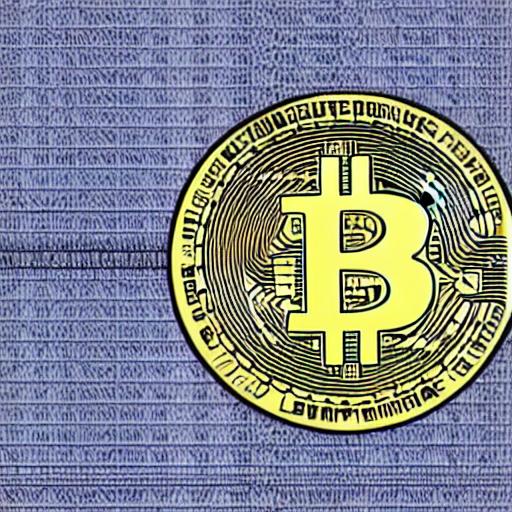How many clients who can’t access their money expect to receive back from FTX, As the dust settles from one of the most spectacular financial collapses in history, one of the key unknowns is the cryptocurrency exchange that declared bankruptcy last week.
Legal professionals believe that the answer might be zero.
Before it collapsed, FTX.com promoted itself as a place where beginners could purchase and sell cryptocurrencies in a secure environment. However, a lack of liquidity last week led FTX to restrict withdrawals, leaving clients and investors in a precarious situation. FTX allegedly utilized customer cash to support its sibling hedge fund’s high-risk trading activities without authorization.
FTX and the hedge fund Alameda Research declared bankruptcy on Friday.
Federal prosecutors in New York are currently looking into the exchange’s demise. And over the weekend, law enforcement in the Bahamas, where FTX is headquartered, opened a criminal investigation into the company.
Sam Bankman-Fried, the company’s founder, and FTX are still facing unknown legal repercussions. However, as the exchange, which had a market value of more than $30 billion, crumbles, it appears more and more possible that clients who gave their money to FTX may be left holding the bag.
Howard Fischer, a partner at the law firm Moses Singer and a former Securities and Exchange Commission attorney, stated, they just don’t know the level of contagion. The individuals whose assets were kept in FTX are the first ring of victims… Most likely, they won’t be completely or even close to being whole.
This is due to a few factors.
Customers’ deposits are safeguarded by the government, which will reimburse them up to $250,000 in the case of a typical US bank failure. However, in the relatively unregulated realm of cryptocurrencies, there is simply no mechanism for depositor insurance.
Theoretically, clients of FTX should be entitled to a percentage of the company’s remaining assets after the bankruptcy process is complete. But it’s unclear, at least at this point, how much will be left over to distribute.
According to Eric Snyder, head of Wilk Auslander’s bankruptcy practice, they only have two assets: the value of their FTT coins and the goodwill associated with the exchange. (Intangible assets like a brand’s reputation and intellectual property are referred to as goodwill value. Additionally, during the past week, the value of FTT coins, the cryptocurrency token that FTX issued, has decreased by more than 90%.)
Snyder says that there is a reasonably straightforward method to determine how much creditors — in this case, FTX depositors — will receive in bankruptcy proceedings.
Assets are in the numerator, while liabilities are in the denominator. Everyone receives the outcome when you divide one into the other, he explained. However, if everyone withdraws their assets, the numerator won’t be very large.
“It’s extremely likely that the return will be small at best,” he continued.
The suddenness of FTX’s demise, of course, makes it a challenging case to judge this early on, lawyers argue.
In the normal course of business, corporations would have weeks to prepare bankruptcy documents that reveal, among other things, a justification for why the company sought Chapter 11 protection and what it intends to achieve in bankruptcy court.
It’s too soon to predict if clients will receive any money back, said to Dan Besikof, a partner at Loeb & Loeb who specializes in bankruptcy.
The only thing you can actually do is infer where things stand from tweets, he said. The article stated, how customers recover their money may vary depending on a number of variables, including what organization they hold the money via and how many coins are still present.
The aftermath from FTX has shook up the entire crypto market and brought up important issues regarding the future of digital assets and the absence of global regulation.
On Monday, Changpeng Zhao, the CEO of FTX rival Binance, made an effort to reassure his audience of the legality of the sector.
It’s clear that people are nervous, Zhao, also known as CZ, said during a Twitter question-and-answer session. In the near term, it is painful. But, in the long run, he believe this is beneficial to the industry.
The massive cryptocurrency exchange temporarily appeared to be a lifeline for FTX before reversing course last week.
Zhao, whose tweet revealing Binance’s sale of its stake in FTX contributed to the liquidity issue at the smaller company, has denied having a “grand plan” to expose FTX. However, detractors point out that Zhao, who is now without a doubt the richest and most powerful player in the trade of digital assets, is the biggest, and possibly the only, winner in the demise of FTX.
As much as some people accuse him of blowing the whistle or popping the bubble, he is sorry for it. He sincerely regrets any commotion he may have caused. However, he believes that wherever an issue exists, the sooner the make it known, the better.




